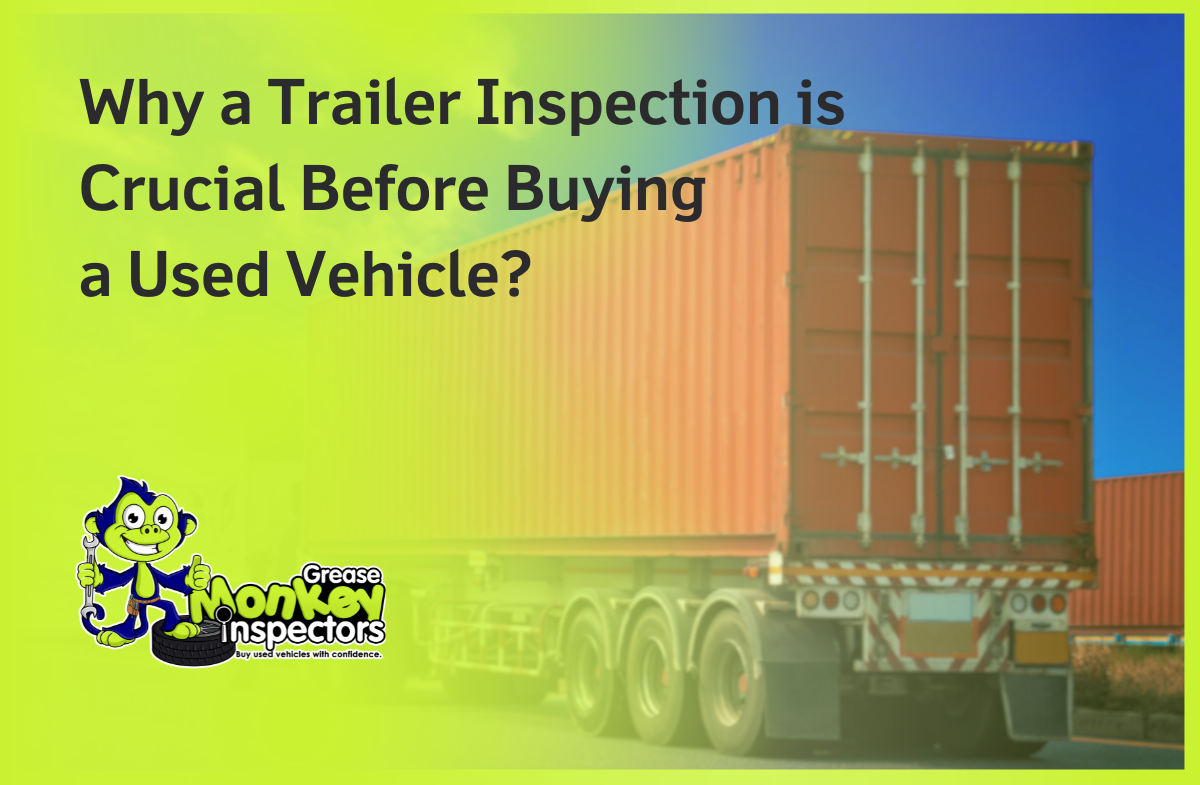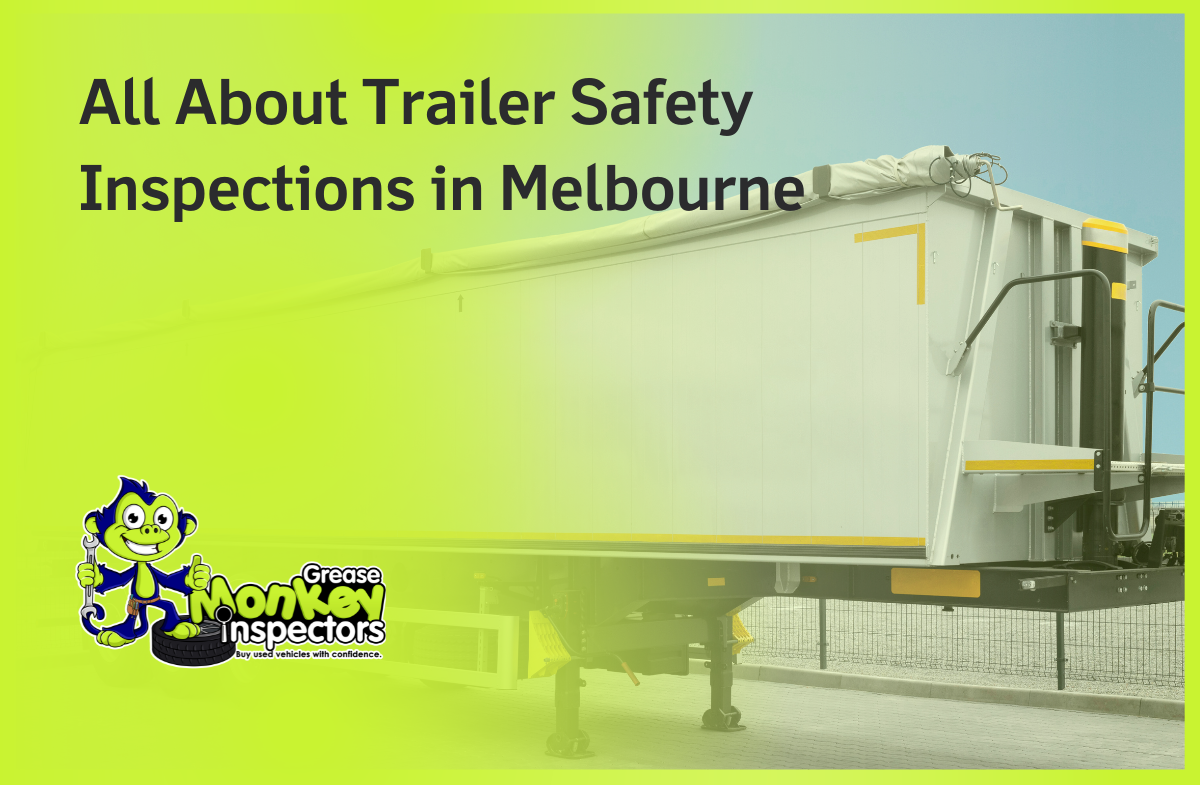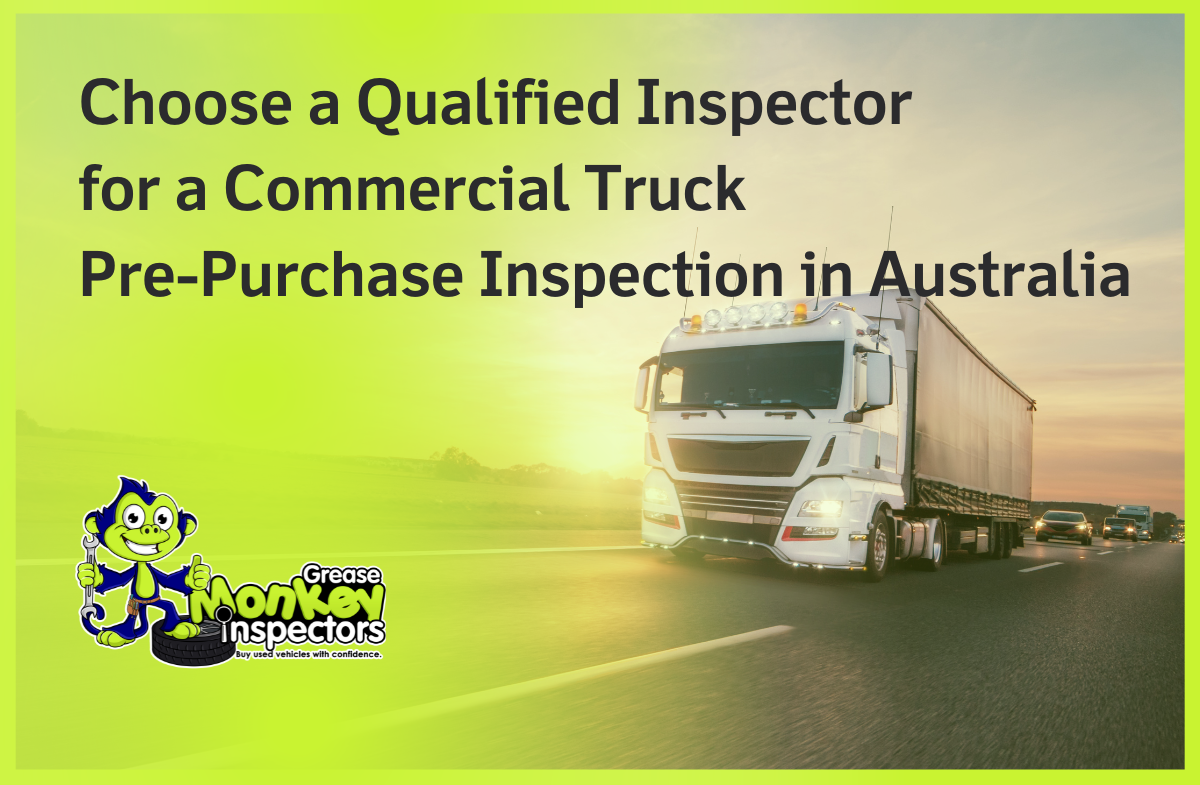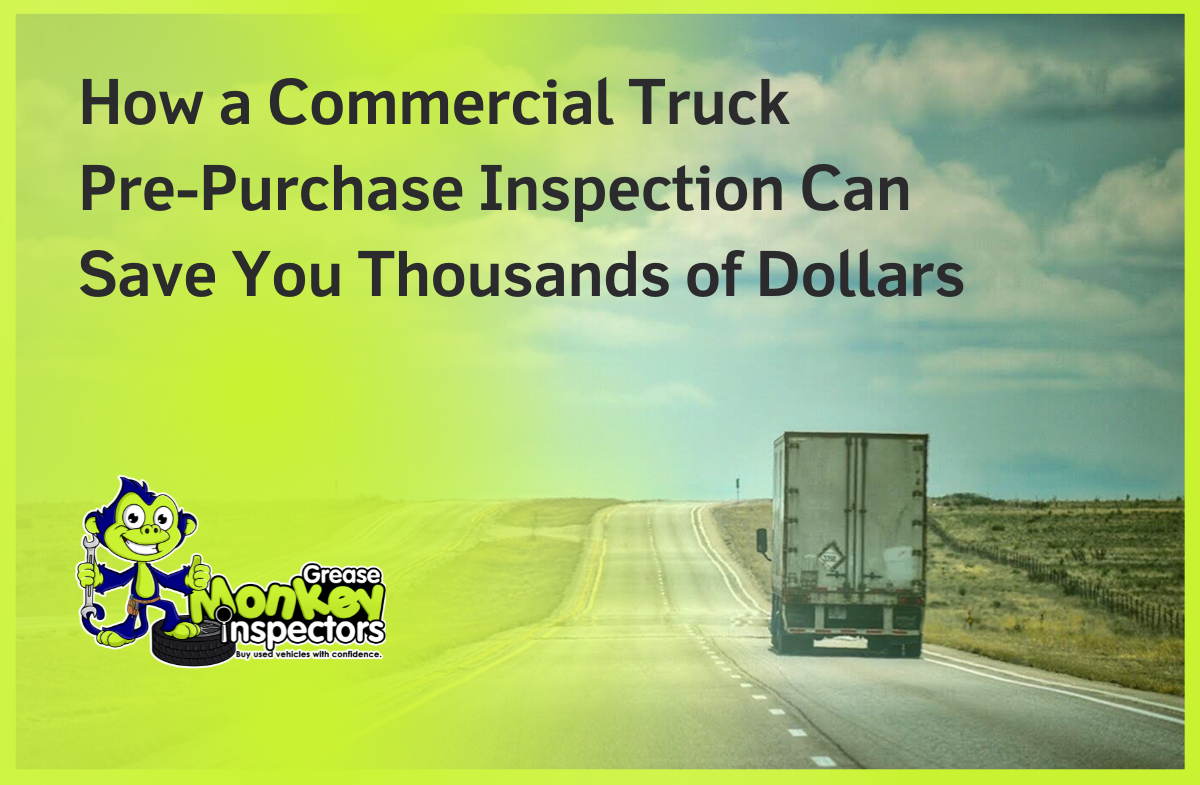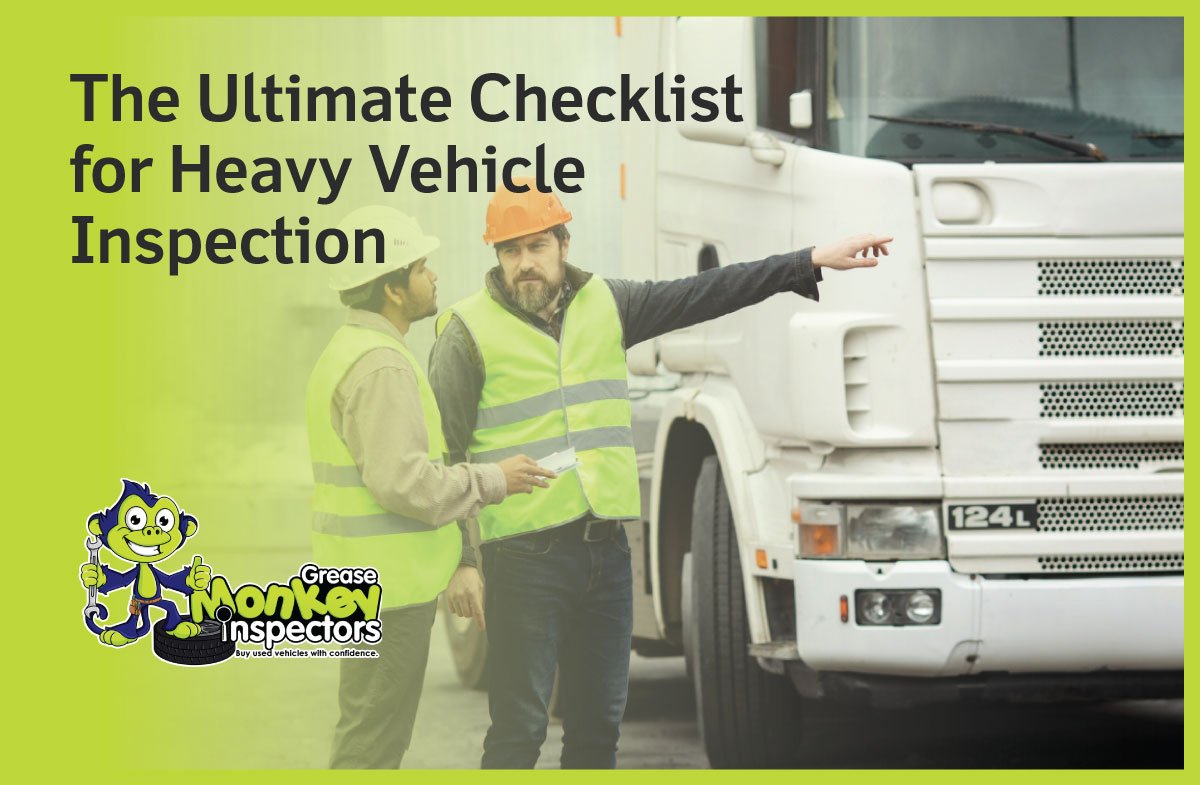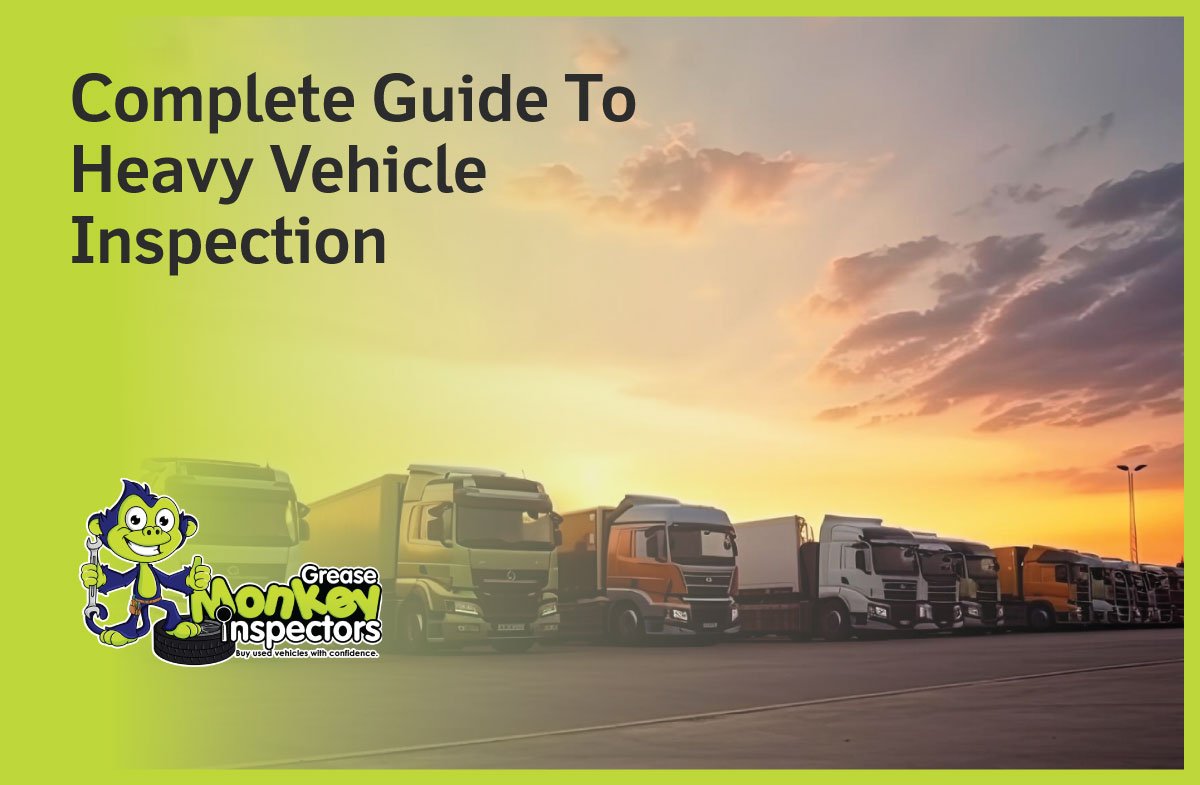Buying a car from interstate? Pre-purchase inspection services Melbourne are a must for making smart decisions, especially if you can’t see the car in person. At Greasemonkey Inspectors, we understand the challenges of buying a car sight unseen, and we’re here to help.
Why You Need a Professional Car Inspection for Out-of-State Buyers?
Let’s face it. Out-of-state buyers rarely get to see the used car they are buying before the deal. Buying a used car without seeing it can be risky. Hidden mechanical issues, accident damage, or other problems can quickly turn your dream car into a nightmare.
That’s where a car pre-purchase inspection comes in. It uncovers the stuff sellers might not mention, so you know exactly what you’re getting into before committing.
Relying on photos and descriptions from the seller just isn’t enough. Our professional inspectors give you an honest, objective assessment of the car’s condition, so you can avoid any nasty surprises.
To help you be more prepared, here is a list of common car-selling scams in Australia.
Pre-Purchase Inspection Melbourne | What Makes Greasemonkey Different?
We offer mobile used car inspections in Melbourne. Mobile inspections make it easy for you to get a thorough check-up on any vehicle.
Our qualified technicians go over every important detail like engine performance, structural integrity, mechanical systems, electrical components, bodywork, and safety features. We’ll also give you a detailed report with photos to give you the full story about the car’s condition.
Pre-Purchase Inspection Melbourne | For Confident Decisions
With our report in hand, you’ll know whether to negotiate or walk away. And let’s be real. The small cost of a car inspection in Melbourne is nothing compared to the massive repair bills you could face if you miss something major.
Don’t let distance keep you from making a smart car-buying decision. Contact Greasemonkey Inspectors today for a reliable pre-purchase inspection Melbourne that protects your wallet and gives you peace of mind!


